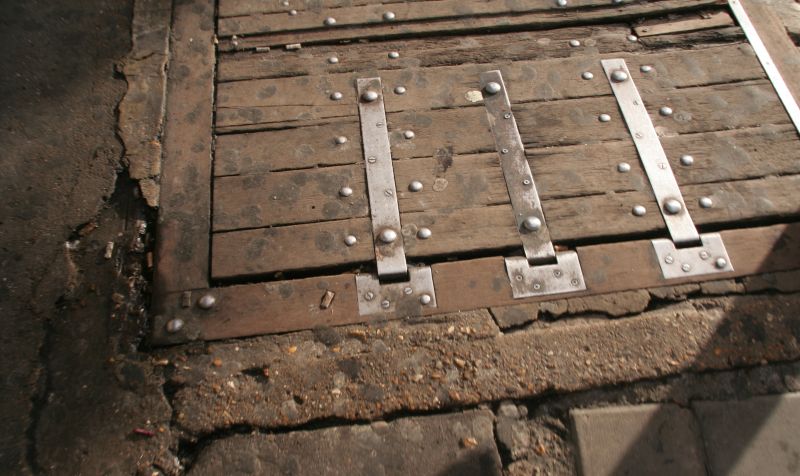Sure. But what if they don't search the table? What if they only search the walls for secret doors and then give up and move on? What if they don't search anything in this room?
Then that wasn't my example and is completely irrelevant?
I mean if the secret door is
reasonably near an object and my players just aren't searching that object for whatever reason, I may drop some hints.
Lets say the players are just not searching the table, for whatever reason. I might drop in "As you search the completely mundane wooden walls of this completely mundane wooden house you notice that there appears to be only one
stone object in the room." Or "As you example the construction of this house, you notice that it is all very old, very worn, and very well used, except for the table which appears to be completely new."
I don't go through all the hard work to develop interesting elements for my players just to have them miss it. I don't care if my players are defeating my dungeons simply because I tipped my hand. I DO care greatly that they missed this super cool dungeon because they didn't bother to search the table!
And yes, what if they do search the table and outright fail to find or notice anything? (the instance I have in mind here would be a two-step process - you need to move the table before you can get at the floor beneath it, then you need to search there for the secret door) So here they could search the table and on a bad roll fail to notice any scratches in the floor; or they could simply move the table to start with (as the PCs in the original example did) and then fail to find - or even look for - the secret door.
In my case, the second part of this wouldn't even exist. The fact that they've zeroed in on the table covering something suspicious would mean discovery of the secret door in the floor is a matter of time, not a matter of chance. The door may be obvious:
And once the table is moved you'd have to be blind to miss it.
The door may be
nearly inconspicuous:
But retains a noticeable tell that you wouldn't need a check for.
Quite honestly, moving the table may have revealed the passagway on it's own.
The "But did you search the floor?" reeks of that example some pages back where a player searched the closet, but didn't search the hangar-bar and thus it was missed. It's pixel-whining lite. The next step is "But what if they didn't search
each board on the floor?" and then "But what if they didn't search
each nail for the one that is secretly not a nail and actually a key?"
I don't go there because I'm not interested in wasting my time. I'm not interested in wasting
their time. And that's all it is: a waste of time.





